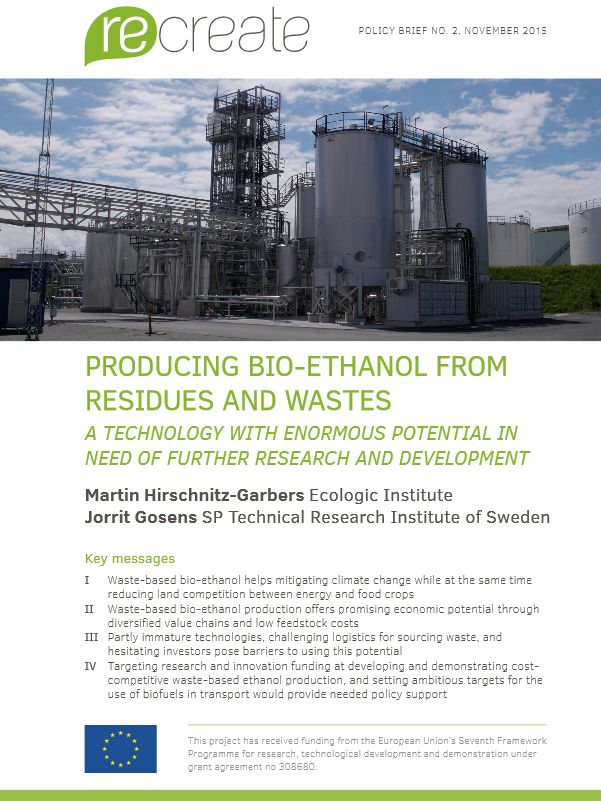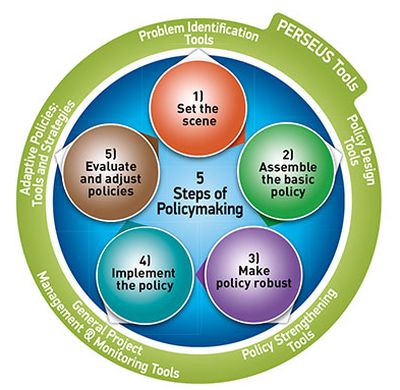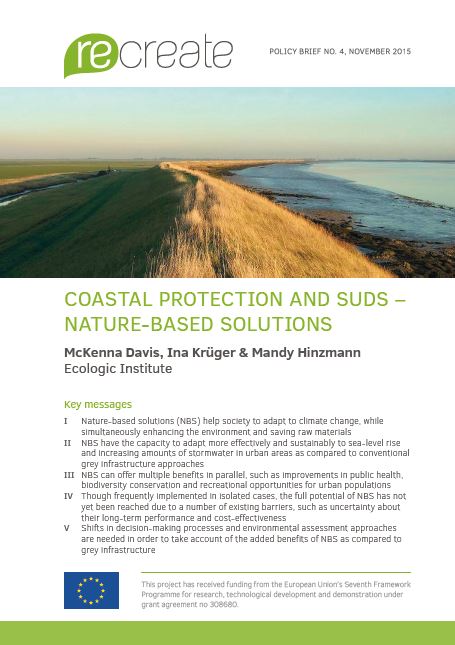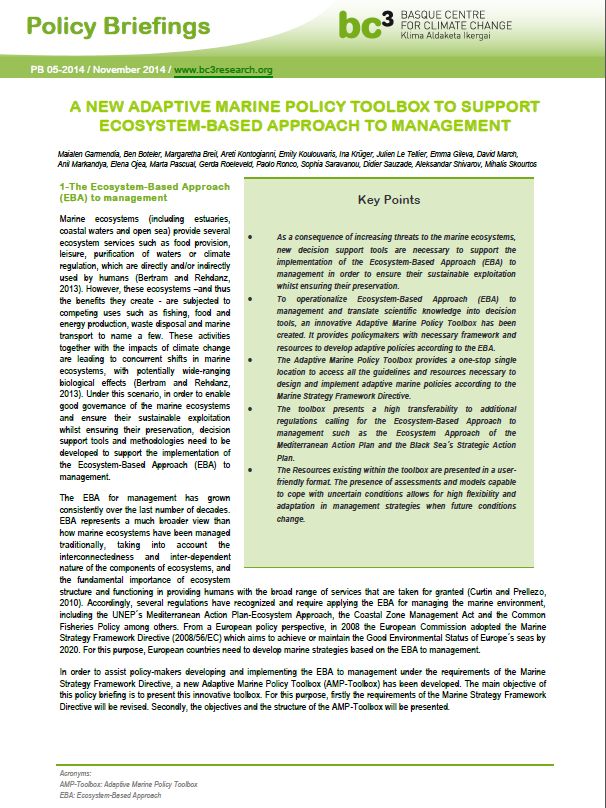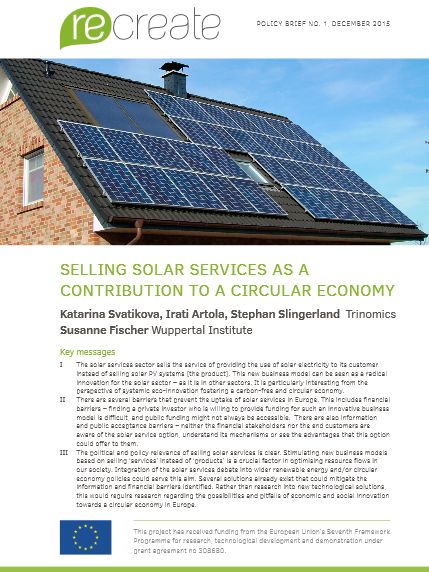Producing Bio-Ethanol from Residues and Wastes
A technology with enormous potential in need of further research and development
- Publication
- Citation
Hirschnitz-Garbers, M. and J. Gosens (2015). Producing bio-ethanol from residues and wastes - A technology with enormous potential in need of further research and development. RECREATE Project Policy Brief No. 2.
Waste-based bio-ethanol has the potential to both fight climate change and reduce land competition. However, in order to unlock its potential, support for research and development, as well as an enabling political framework, are needed. In this policy brief, Ecologic Institute's Dr. Martin Hirschnitz-Garbers and Jorrit Gosens explain the technology's need of further research and development. The policy brief is available for download.
Thesis of the policy brief are:
- Waste-based bio-ethanol helps mitigating climate change while at the same time reducing land competition between energy and food crops.
- Waste-based bio-ethanol production offers promising economic potential through diversified value chains and low feedstock costs.
- Partly immature technologies, challenging logistics for sourcing waste, and hesitating investors pose barriers to using this potential.
- Targeting research and innovation funding at developing and demonstrating costcompetitive waste-based ethanol production, and setting ambitious targets for the use of biofuels in transport would provide needed policy support.
